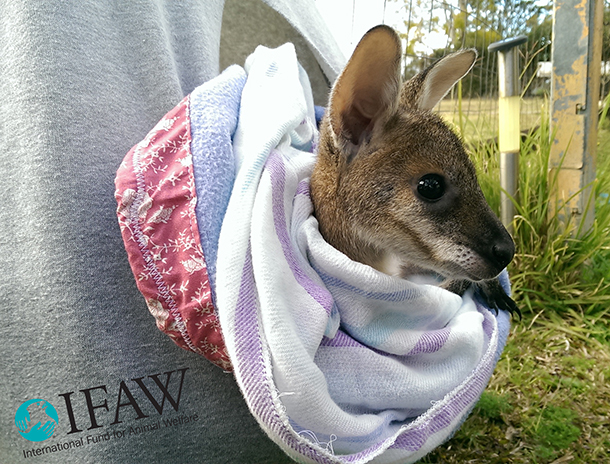Most Unwanted Wildlife

Help protect our environment, economy and communities from the ‘Most Unwanted’ illegal non-native animals
NSW Department of Primary Industries is pleased to officially launch the ‘Most Unwanted’ campaign to encourage the people of NSW be on the lookout for and report non-native pest animal incursions in NSW.
The ‘Most Unwanted’ can cause significant damage to NSW by disrupting ecosystems, introducing diseases, preying on and competing with our native animals for limited resources. Illegal trade of exotic wildlife often leads to animal cruelty and death.
The NSW Government is working with the people of NSW to prevent new pest species establishing in the state and we need your help to protect our environment, economy and communities from non-native animals that have the potential to damage our natural environment and industries
- Non-native animals don’t belong in NSW because they may
- prey on native animals
- compete with native animals for food and shelter
- destroy natural habitats
- introduce and spread exotic diseases.
- Help stop these species calling NSW home by:
- reporting unusual non-native animals to NSW DPI when you see them
- reporting the illegal keeping of non-native animals
- never releasing an animal you have kept as a pet into the wild
- Your actions could help to protect the NSW environment, economy and your local community from the negative impacts of introduced pest animals
- If you see an unusual non-native pest animal, report it to NSW DPI by calling 1800 680 244 or reporting online at www.dpi.nsw.gov.au/biosecurity/sighting



